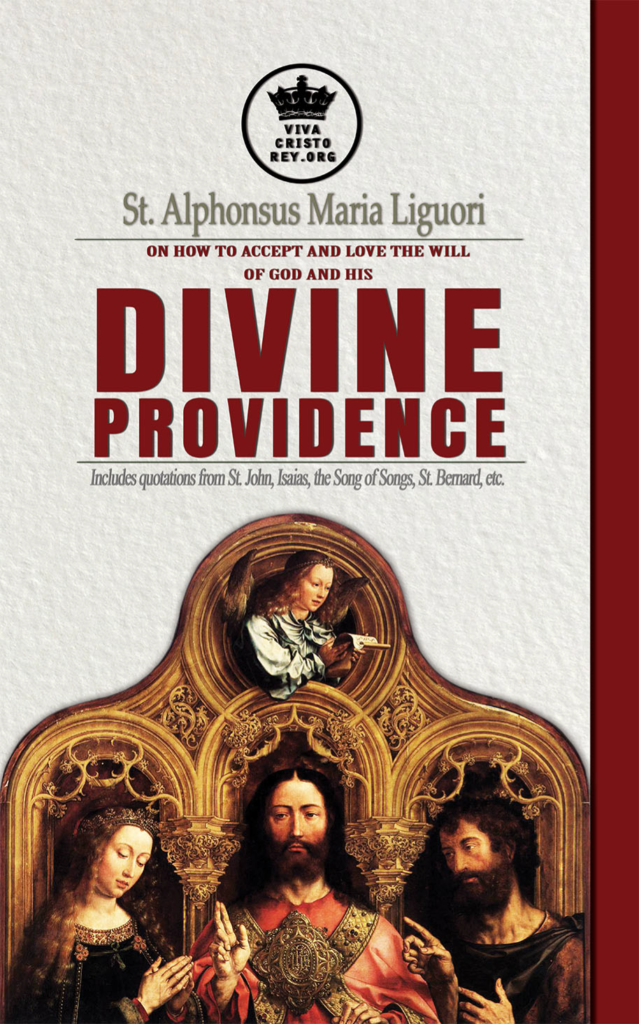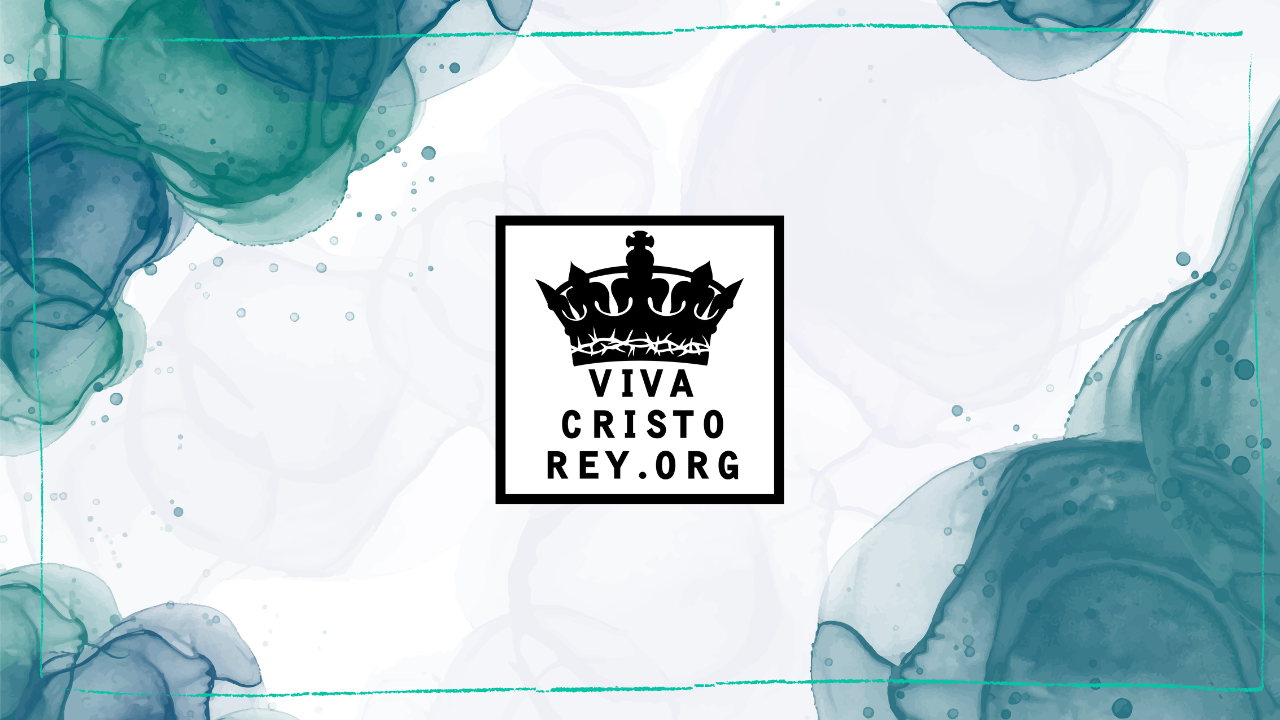The spouse aspires to an union with Christ, their mutual love for one another.
1 Let him kiss me with the kiss of his mouth: for thy breasts are better than wine, 2 Smelling sweet of the best ointments. Thy name is as oil poured out: therefore young maidens have loved thee. 3 Draw me: we will run after thee to the odour of thy ointments. The king hath brought me into his storerooms: we will be glad and rejoice in thee, remembering thy breasts more than wine: the righteous love thee. 4 I am black but beautiful, O ye daughters of Jerusalem, as the tents of Cedar, as the curtains of Solomon. 5 Do not consider me that I am brown, because the sun hath altered my colour: the sons of my mother have fought against me, they have made me the keeper in the vineyards: my vineyard I have not kept.
6 Shew me, O thou whom my soul loveth, where thou feedest, where thou liest in the midday, lest I begin to wander after the flocks of thy companions. 7 If thou know not thyself, O fairest among women, go forth, and follow after the steps of the flocks, and feed thy kids beside the tents of the shepherds. 8 To my company of horsemen, in Pharao’s chariots, have I likened thee, O my love. 9 Thy cheeks are beautiful as the turtledove’s, thy neck as jewels. 10 We will make thee chains of gold, inlaid with silver.
11 While the king was at his repose, my spikenard sent forth the odour thereof. 12 A bundle of myrrh is my beloved to me, he shall abide between my breasts. 13 A cluster of cypress my love is to me, in the vineyards of Engaddi. 14 Behold thou art fair, O my love, behold thou art fair, thy eyes are as those of doves. 15 Behold thou art fair, my beloved, and comely. Our bed is flourishing.
16 The beams of our houses are of cedar, our rafters of cypress trees.
Commentary
[1] “Let him kiss me”: The church, the spouse of Christ, prays that he may love and have peace with her, which the spouse prefers to every thing delicious: and therefore expresses (ver. 2) that young maidens, that is the souls of the faithful, have loved thee. [3] “Draw me”: That is, with thy grace: otherwise I should not be able to come to thee. This metaphor shews that we cannot of ourselves come to Christ our Lord, unless he draws us by his grace, which is laid up in his storerooms: that is, in the mysteries of Faith, which God in his goodness and love for mankind hath revealed, first by his servant Moses in the Old Law in figure only, and afterwards in reality by his only begotten Son Jesus Christ. [4] “I am black but beautiful”: That is, the church of Christ founded in humility appearing outwardly afflicted, and as it were black and contemptible; but inwardly, that is, in its doctrine and morality, fair and beautiful. [7] “If thou know not thyself”: Christ encourages his spouse to follow and watch her flock: and though she know not entirely the power at hand to assist her, he tells her, ver. 8, my company of horsemen, that is, his angels, are always watching and protecting her. And in the following verses he reminds her of the virtues and gifts with which he has endowed her.
To advance in your spiritual reform, kindly consider the profound meditations and pious lessons from the book:

TITLE: St. Alphonsus Maria Liguori on How to accept and love the will of God and his Divine Providence Includes quotations from St. John, Isaias, the Song of Songs, St. Bernard, etc.
AUTHOR: St. Alphonsus Liguori
EDITOR: Pablo Claret
Get it as a PAPERBACK:
vcrey.com/providence-book

Get it as an AUDIOBOOK on Google Play:

Get it as an AUDIOBOOK on Apple Books:
See our catalogue of Catholic books and audiobooks:
https://vivacristorey.org/en/catalogue/
